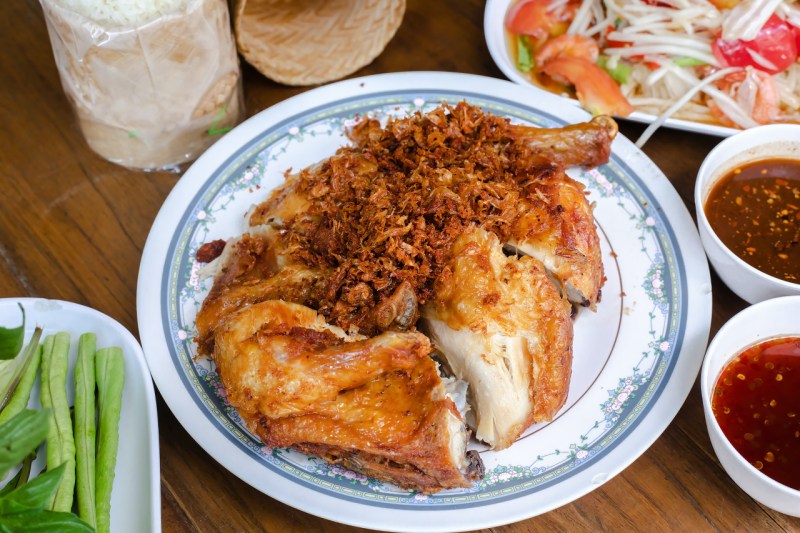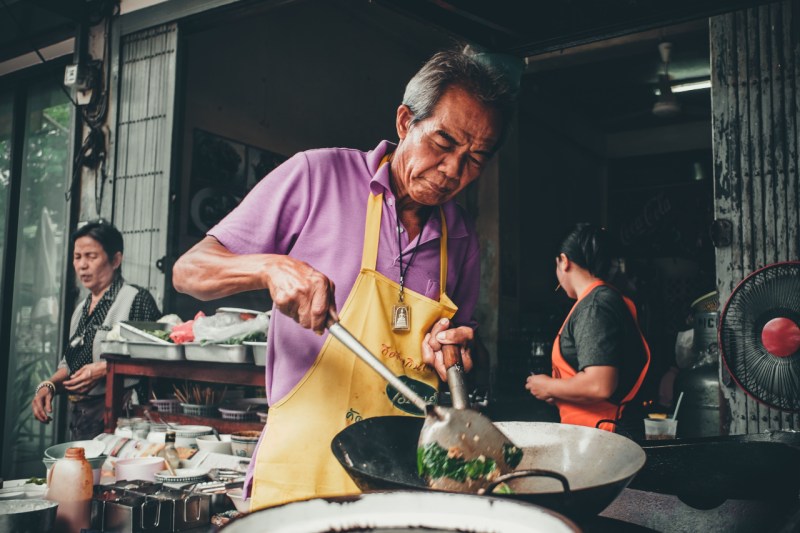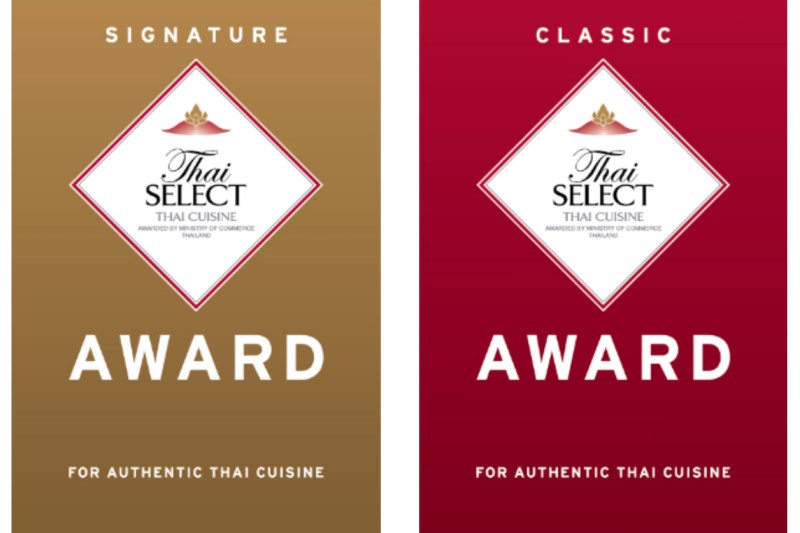
A quick Yelp search in any major American city and one quickly notices that some of the most popular restaurants are Thai. Despite the population of Thai Americans being relatively low compared to other immigrant populations, Thai restaurants are ubiquitous. As delicious and dynamic as Thai cuisine might be, there’s actually another reason for this reality — the Thai government. Unknown to most Americans, the Thai government invests in funding Thai restaurants overseas. And with the Thai Select program, the Thai government is also in the business of restaurant awards.
What is Gastrodiplomacy?
This concept of government intervention in the culinary field is a calculated soft power strategy. Gastrodiplomacy, also known as culinary diplomacy, is a concept coined by The Economist in 2002. It’s essentially a campaign of “winning the hearts and minds through stomachs.” The logic is that a government can leverage its country’s culinary heritage for diplomacy, allowing it to raise the national brand and increase economic trade, and cultural prestige. Thailand is not the only country to invest in this strategy, other nations like Taiwan, South Korea, and Peru also have dedicated gastrodiplomacy missions.
What is Thai Select?

The Thai Select project is a Thai government-sponsored mark of certification first introduced in 2006. According to Nithima Siriphokakij, Director of Thai Trade Center (TTC) in Miami, Florida, the government developed this program due to the growth of Thai food overseas. “We saw several restaurants representing themselves as authentic Thai, but the food quality didn’t match authentic Thai food,” said Siriphokakij. “By launching this project, we hope to help local restaurant-goers distinguish authentic Thai restaurants from the others and to enhance Thai food’s image.”
Essentially, Thai Select is a seal awarded to Thai restaurants and Thai food products around the world by the Department of International Trade Promotion (DITP) of the Ministry of Commerce, Royal Thai Government. Any Thai restaurant with a Thai Select seal is essentially a guarantee of quality and authenticity courtesy of the Thai government. These selections are conducted by government representatives that monitor and maintain the quality of Thai restaurants in their area of responsibility. Similar to the Michelin Guide, Thai Select focuses solely on Thai cuisine. Currently, there are 58 TTC offices around the world including Los Angeles, New York City, and Chicago. The current list of Thai restaurants designated with Thai Select will show you where to find authentic Thai cuisine.
What are the Thai Select Categories?

There are four categories in the Thai Select program and each award represents a different style of Thai cuisine:
- Thai Select Signature (fine-dining restaurants) is for restaurants that offer a higher-end experience, showcasing authentic Thai cuisine, excellent service, and décor featuring traditional Thai or contemporary design. A Thai Select – Signature restaurant should “portray an exquisite image of the uniqueness of the Thai cuisine” according to Siriphokakij.
- Thai Select Classic (mid-range restaurants) is awarded to Thai restaurants with excellent quality and good service. Ideally, diners who eat at a Thai Select – Classic should be satisfied with both food and price point.
- Thai Select Casual (street food or trendy restaurants) is awarded to those restaurants with good quality Thai food and taste but that have limited service.
- Thai Select Unique (outstanding Thai restaurants located only in Thailand) is awarded to local Thai restaurants that focus on regional Thai cuisine.
There’s a standard method of operation for selecting a restaurant for Thai Select. First, there’s a screening process for restaurants. “We receive restaurant leads from various sources, including newspapers, social media, food distributors, and the Thai restaurant owner themselves,” said Siriphokakij. “So, if a restaurant serves authentic Thai food and would like to be part of this exclusive program, they can contact the TTC in your area to begin the application process.” After it’s been selected, a TTC representative will perform a random inspection at a location to test the food quality, restaurant atmosphere, and other factors. If the restaurant meets the standards, the TTC will submit the information to the committee at DITP for approval.
Why Thai Select?
As a nation, Thailand has a uniquely strong culinary impact. Each year, Thailand exports billions of dollars of food products with Thai restaurants being one of the main supporters of that global distribution network. Thai restaurants are big business—America alone has around 5,000 Thai restaurants. With all this money and cultural influence, gastrodiplomacy is critical for the Thai government. By having an official program that maintains both authenticity and quality, the Thai government can ensure that global consumers continue to enjoy the best Thai cuisine possible. “Our goal is to help consumers get the most out of their dining experience at Thai restaurants,” said Siriphokakij.



